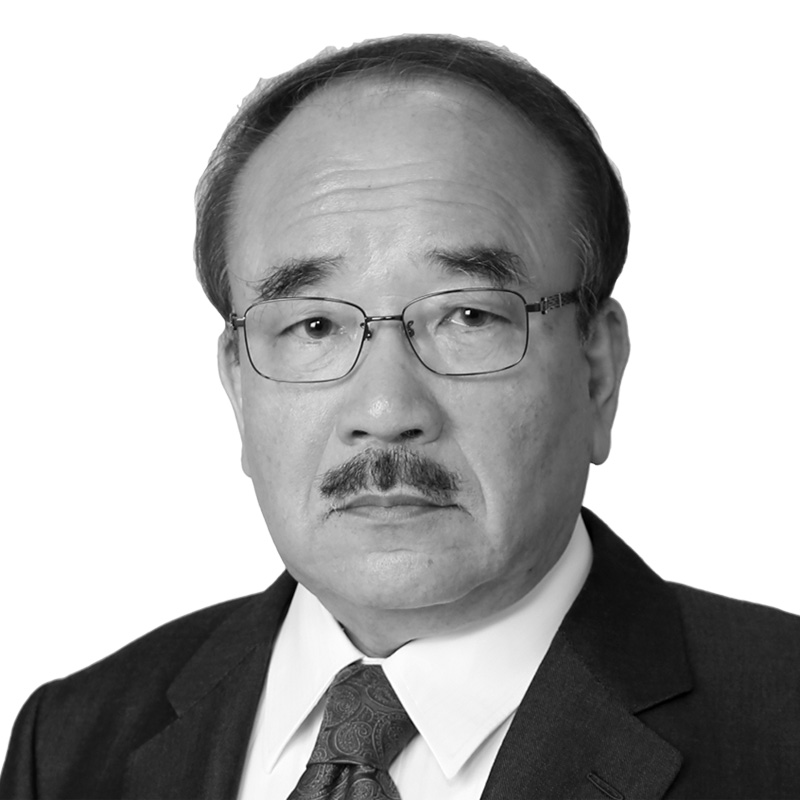
Meta
Takamitsu Sawa
Jan 1, 2005
Nov 1, 2004
Sep 27, 2004
Sep 6, 2004
Jul 5, 2004
May 31, 2004
Mar 29, 2004
Mar 9, 2004
Feb 10, 2004
Jan 5, 2004
Dec 1, 2003
Oct 6, 2003
Sep 1, 2003
Jul 7, 2003














